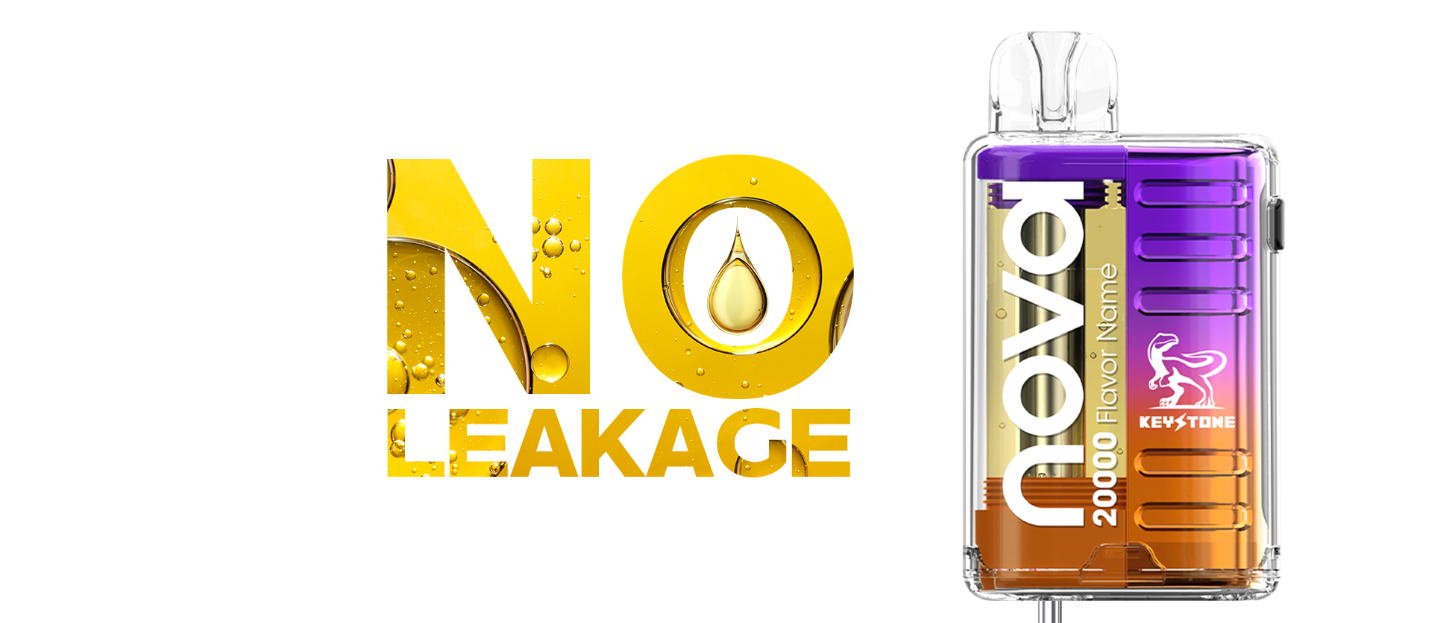WARNING: This product contains nicotine. Nicotine is an addictive chemical.
In recent years, the rising popularity of disposable vapes among teenagers has prompted several countries to implement strict regulations or outright bans. These measures aim to curb youth vaping, address public health concerns, and mitigate environmental impacts. This article delves into the specifics of these global regulations, examining the motivations behind them and their implications for consumers and the industry.
Disposable vapes, known for their convenience and variety of flavors, have seen a dramatic rise in usage among teens worldwide. Initially marketed as a safer alternative to smoking, these devices have become a trendy accessory among the younger population, which has raised significant health concerns. Research indicates that the appealing flavors and easy accessibility of these products contribute to their popularity among minors, leading to potential nicotine addiction at a young age.
Countries have reacted to this trend by considering stricter regulations. For instance, studies from the UK have shown that a significant percentage of teenagers use vapes regularly, prompting government actions to restrict sales and marketing aimed at young people. The growing body of research suggesting potential health risks associated with long-term vaping further fuels these regulatory efforts.

In Europe, several countries have taken decisive steps to regulate or ban disposable vapes. France led the initiative with a complete ban on disposable vapes, citing both health concerns and environmental issues as primary motivators. The French government aims to prevent the initiation of smoking habits that are often facilitated by vaping. Similarly, Ireland and Germany are exploring bans and have initiated public consultations and legislative processes to gauge and enforce such measures.
These actions reflect a broader concern across the continent about the environmental impact of disposable vapes, which are often not disposed of properly, leading to pollution. Furthermore, the European Union is considering continent-wide regulations to address the inconsistency in vaping laws among member states, demonstrating a collective effort to tackle the vaping issue head-on.
Australia and New Zealand have adopted some of the most stringent regulations on vaping. Australia’s approach includes making disposable vapes prescription-only and limiting the nicotine content and flavors available. This regulatory framework aims to deter young users while still providing options for adults seeking smoking cessation tools.
New Zealand has implemented similar bans, focusing on reducing the appeal of vaping products to teenagers. Regulations include restrictions on flavor names, reducing nicotine levels, and banning vape sales near schools. These measures showcase both countries’ commitment to balancing the prevention of youth vaping with the needs of adults using vapes to quit smoking.
Beyond individual countries, there are global responses to the concerns over disposable vapes. According to a World Health Organization report, over 30 countries have imposed bans on the sale of e-cigarettes. These countries include not only those in Europe but also in Asia and Latin America, highlighting a widespread acknowledgment of the potential health risks and societal impacts of vaping.
The global crackdown on disposable vapes illustrates a significant shift in how governments perceive and regulate nicotine products. While there is an understanding of the role that e-cigarettes can play in helping existing smokers quit, there is an increasing urgency to prevent a new generation from becoming addicted to nicotine through vapes.
The global efforts to regulate disposable vapes indicate a robust shift towards safeguarding public health, especially among youth. As more countries join this movement, it will be essential for consumers and the vaping industry to stay informed about the changing legal landscapes. These regulations not only aim to reduce the health impacts associated with vaping but also to dismantle the trend of vaping among young individuals, ensuring healthier future generations.





